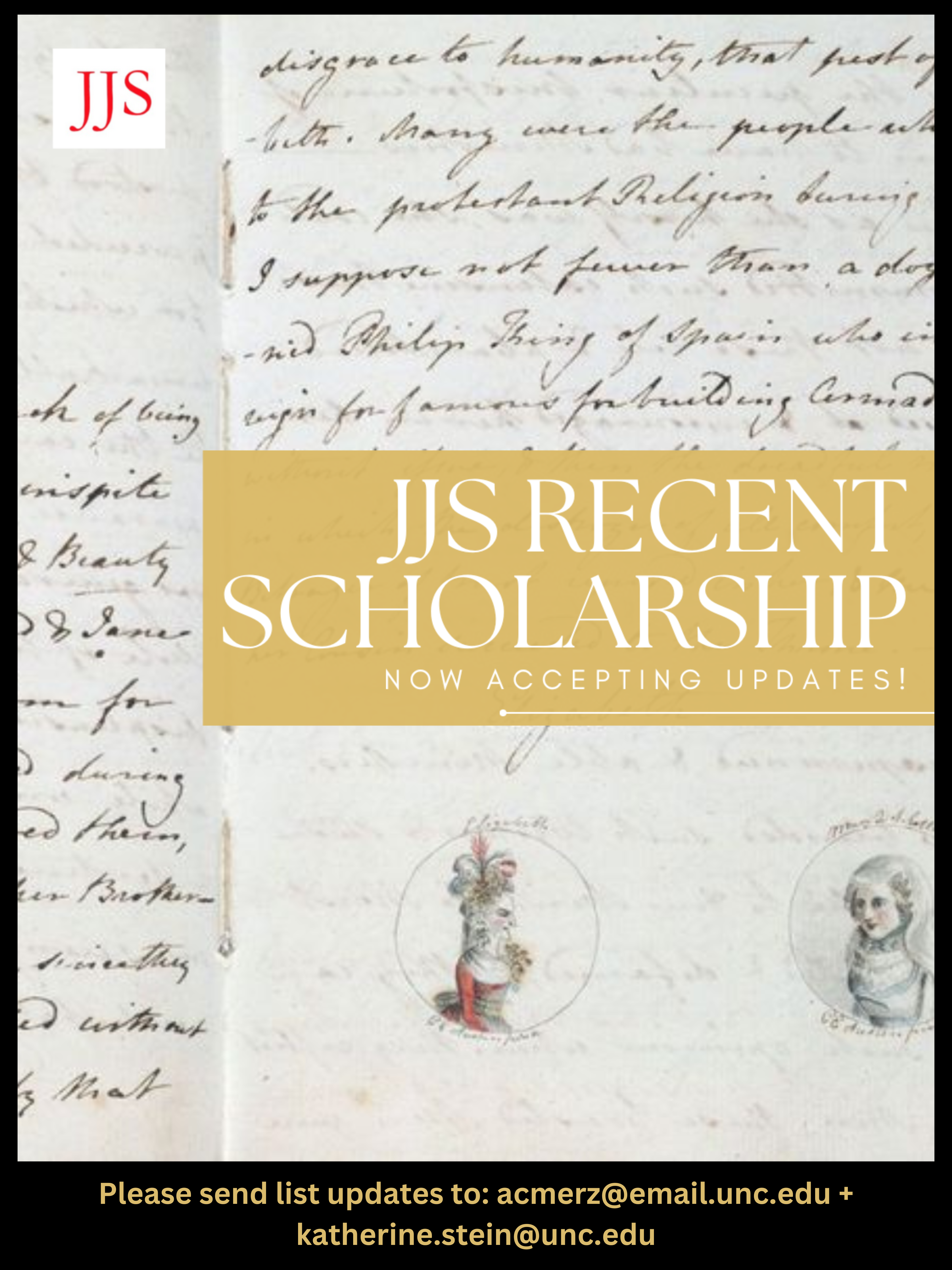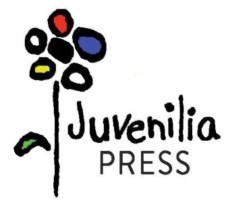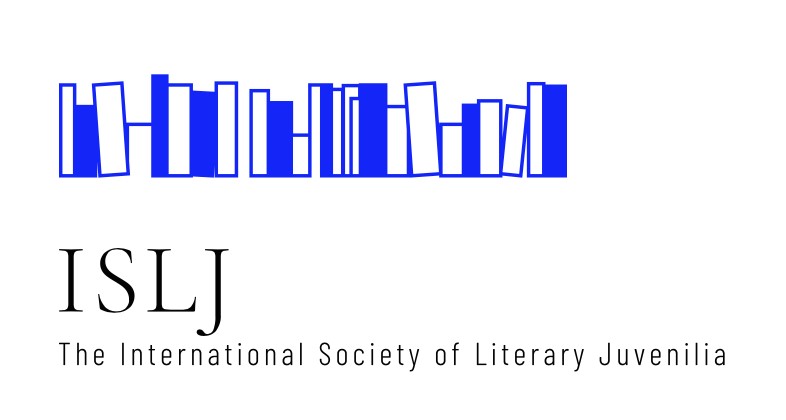Making News:
A Girl, Her Printing Press, and the Civil War
DOI:
https://doi.org/10.29173/jjs63Abstract
Produced between 1861 and 1866, the Penfield Extra resembles many nineteenth-century newspapers, with a notable exception. Nellie Williams, the paper’s founder and editor, began publishing her hometown weekly newspaper at the age of twelve. While her paper incorporates conventional modes of nineteenth-century journalism, it also disrupts this association through its indicators of a child’s gender, age, and self-expression. The resulting juxtapositions and fissures—between the editor embracing mainstream journalism and foregrounding her creative agency as a child—present a compelling window on child authorship during a tumultuous time in American history. This tension, moreover, exemplifies the ways by which children’s acts of authorship can dramatically unsettle cultural attitudes regarding children’s innocence and separateness from adult culture. The fact that Williams wrote and published amidst the culture-exploding Civil War was not coincidental. Drawing on established discourses and journalistic conventions while emphasising her free play as child author and newsmaker, Nellie’s Extra mimics cultural conventions and literary discourses requiring children’s obedience and innocence while also modeling the importance of children’s independent political engagement and their capacity to talk back to power.
Downloads
Published
Issue
Section
License
The Creative Commons Attribution-Noncommercial-No Derivatives 4.0 International license applies to all works published by the Journal of Juvenilia Studies and authors retain copyright of their work.
![]()



.jpg)

 Dedicated to the discussion and promotion of literary works by young writers
Dedicated to the discussion and promotion of literary works by young writers
